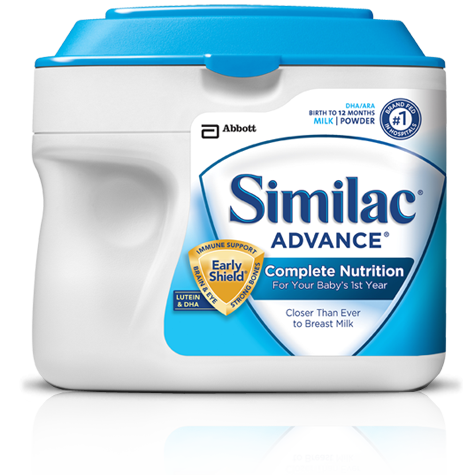Vitamin D is essential for healthy bones, teeth and nails. Since Vitamin D does not occur naturally in many foods, consuming milk and other dairy products fortified with Vitamin D is one of the easiest ways for children to obtain Vitamin D in their diets. And although many Hispanic moms are already enthusiastic about dairy products, it is possible they may not be aware of what the right amount of Vitamin D is, and how much is actually in the foods they give their children.
“As moms, we can help support our toddlers’ healthy growth with foods that contain the nutrients and vitamins required for their healthy development,” said registered dietitian and author Claudia Gonzalez.
If you are like most moms, you are probably wondering how you can incorporate more vitamin D into your child’s diet. “Children should get approximately 400 to 600 IUs of Vitamin D a day which translates into three cups of milk. One product that I recommend, which is a good source of Vitamin D and an excellent source of calcium, is NIDO® Kinder 1+, a powdered milk beverage with Prebio 1, a fiber blend, and vitamins and minerals to help support a child’s healthy immune system.” said Gonzalez.
In addition, take your toddlers outside for some fun in the sun. Engaging in physical activity outdoors is a sure way to get some sun exposure, an important source of vitamin D, and also keeps them fit and healthy. Just remember to apply sunscreen if you plan to be outside more than 15 minutes.
Here, Claudia suggests other easy-to-follow tips so that your toddler gets the right amount of Vitamin D, especially in the fall and winter months when they can’t go outside and play:
- Upgrade the status of milk. Do not think of milk as just a “breakfast food.” Serve a glass of milk for lunch or dinner, or even with snacks.
- Give milk a makeover. Try new and fun ways to serve milk. For example, blend some fruit with milk to make a delicious shake or smoothie.
- Drink milk everywhere you go. If you and your child are constantly on the go, remember that NESTLÉ® NIDO® 1+ is a convenient and tasty option – and best of all, it has important vitamins and minerals for healthy growth.




